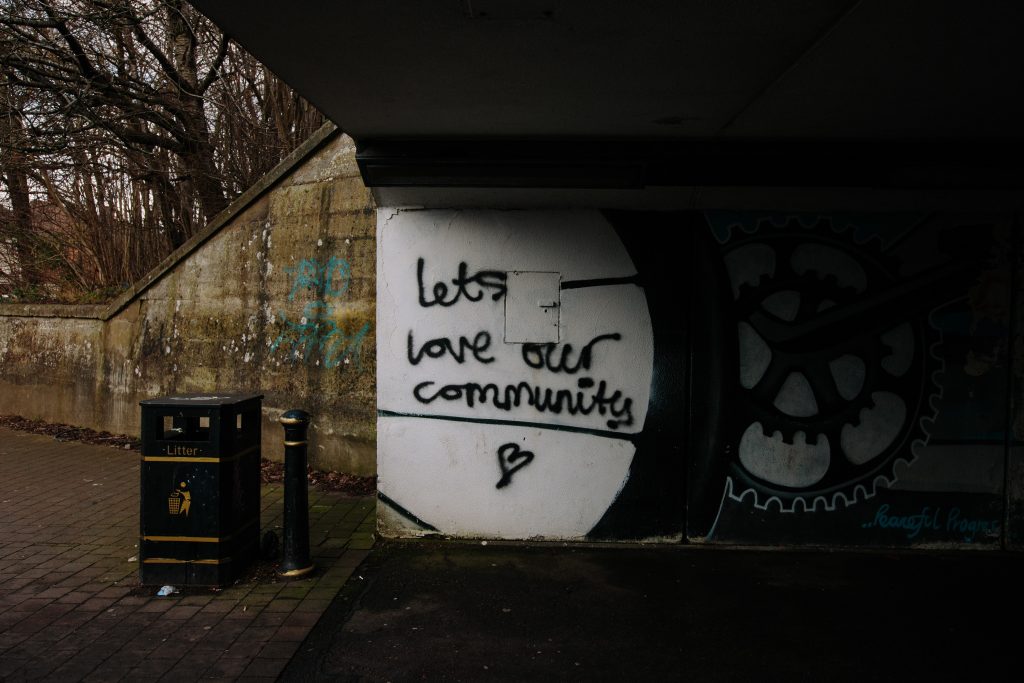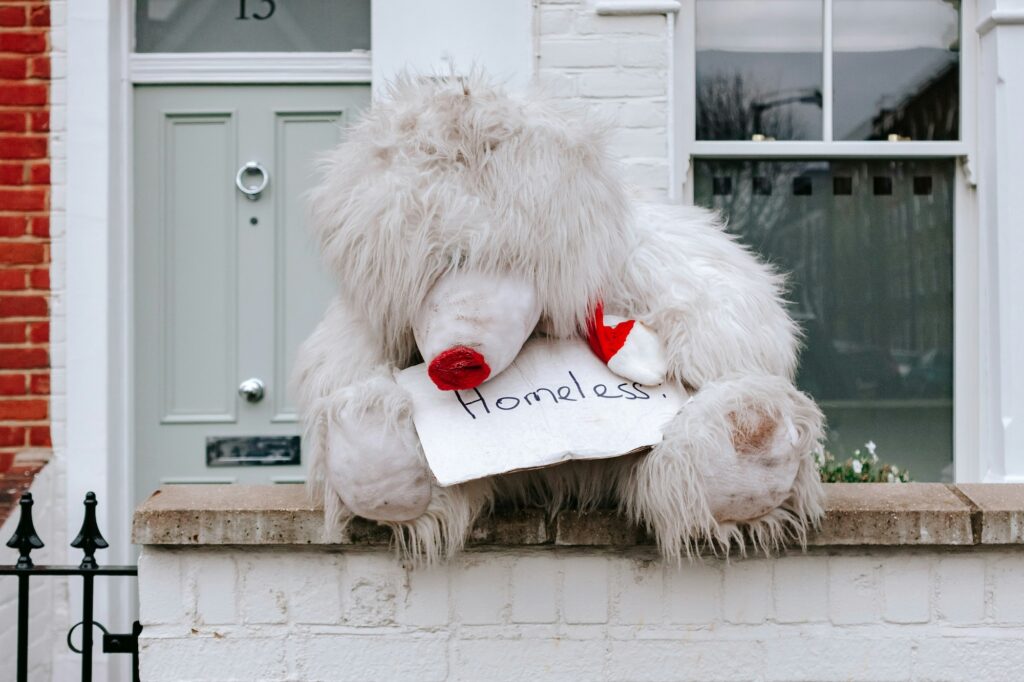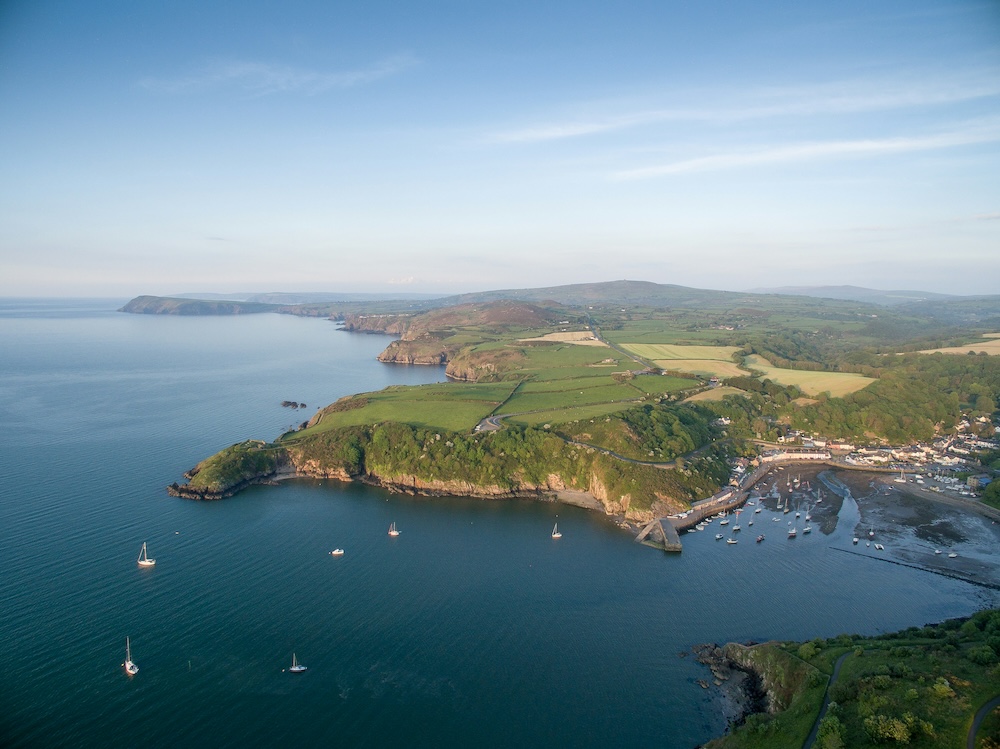Merlin Gable calls for submissions to the welsh agenda online in this time of uncertainty – and community
The coronavirus epidemic and the ensuing lockdown have drastically shortened our horizons.
Planning holidays, moves, business decisions months ahead is now replaced with half-hearted attempts to make Saturday different from Tuesday. Visits to relatives in Trawsfynydd are replaced with furtive trips to Tesco Express.
Meanwhile, distinct public health bodies and health services means in theory – if not necessarily in practice – Wales and England could have quite different journeys through the lockdown. Mark Drakeford has already provoked the ire of Westminster by announcing the extension of the lockdown in Wales a few days before the decision was formally made on a four-nation basis. Accusations fly of England gazumping Wales for virus testing contracts.
Differences that make up, usually peacefully, our own country are coming into stark relief. Wales’s great symbolic artery – the A470 which connects north with south – is subject to a roadblock. Newport, and the Aneurin Bevan University Health Board that covers it, is one of the UK hotspots for the disease, for reasons that are not currently clear.
A video has gone viral of a farmer in Angelsey confronting a man, claiming to be from Menai Bridge, in a Jaguar 4×4 stuffed with a kayak on his way to the beach – many will note the sharp difference in accents amid concerns of second home owners fleeing to rural idyll. Meanwhile, racist incidents have flared up around Wales. The disease appears to disproportionately affect BAME people, who in Wales are concentrated heavily in inner-city areas of Cardiff and Newport with little public green space and fewer gardens.
How has coronavirus changed your relationship with your place? What does it mean to no longer be able to visit your home community (wherever that is)? What have you discovered, walking the same walk in your local park, about how you live your life in Wales?
All these things are not equal. But they are all testament to the fact that our experience of space – in a land so often defined in terms of its space, from mountain ranges to deindustrial valleys to modern urbanity – has fundamentally changed in the wake of the epidemic.
We do not know how soon we will return to normal, nor what that normal will mean for our relations to our community, to our cities, our countryside, or our borders.
In 2019, we began a series called Belonging to Wales, initially in partnership with Dr Kathryn Jones of Swansea University’s Department of Modern Languages, and the AHRC-funded research project ‘European Travellers to Wales 1750-2010’ at Bangor University. These pieces chronicle the disparate, myriad routes by which we each come to feel our Welshness.
The historian Dai Smith talks of two Wales’s – rural north and industrial south – and Denis Balsom of three.
Raymond Williams, brushing such certainties aside in a typical fashion, claims that ‘it’s easier for us,’ as Welsh people ‘to put questions to those simple, confident, unitary identities which really belong to an earlier historical period.’ Every person who elects to consider themselves Welsh has a claim to this country and will have their own experience and narrative of that claim.
We believe that this assertion does not change as a result of coronavirus. The philosopher Walter Benjamin once wrote that ‘“the state of emergency” in which we live is not the exception but the rule’. Benjamin was writing in 1940 whilst fleeing Vichy France, not during a global pandemic, but the insight should still cause us to think.
Coronavirus will dredge up internal contradictions, deficiencies, and stark new forms of social relations, but their blueprints existed already. And those dislocations and new locations may themselves be the blueprint of our new future reality.
This is why we want to hear from you.
How has coronavirus changed your relationship with your place? What does it mean to no longer be able to visit your home community (wherever that is)? What have you discovered, walking the same walk in your local park, about how you live your life in Wales?
By showcasing this patchwork of experiences maybe we can all learn more about what it means, in this new era, to belong to Wales.
To submit your contribution to the Belonging to Wales series, contact [email protected]
All articles published on the welsh agenda are subject to IWA’s disclaimer.





